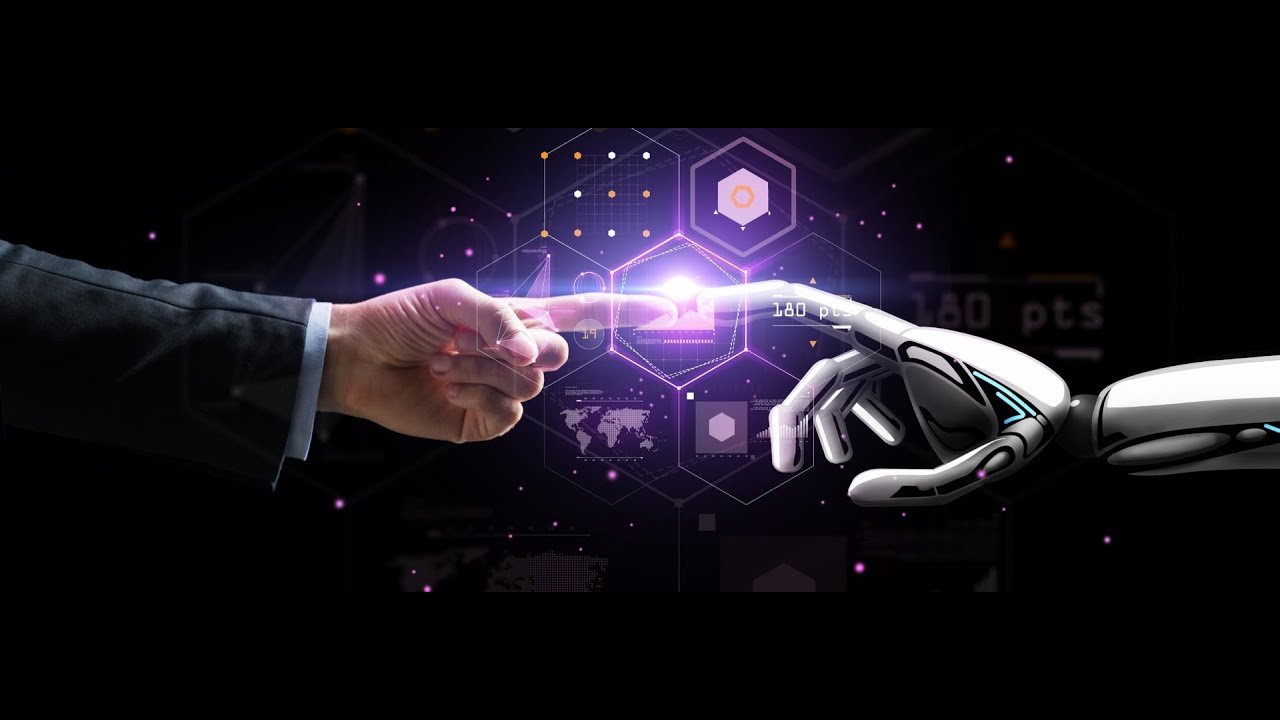Technology and Innovation Shaping the Future

Uncover how technology and innovation transform the world, drive progress, and unlock new opportunities across every industry. Technology and innovation are closely intertwined in today’s society, propelling advancement in every industry, from business and entertainment to healthcare and education. It is impossible to overestimate the significance of these two forces technology and innovation.
As we stand on the precipice of what some have dubbed the Fourth Industrial Revolution. In addition to changing the way, we work and live. They also reinterpret the essence of human potential and the course of civilization. This article examines the dynamic interrelationship between innovation and technology, historical development, and current social effects.
Technology Sparks Innovation
Although technology is the result of human intellect, it also plays a significant role in facilitating innovation. New technologies can lead to innovative solutions, frequently in previously unthinkable ways.
The emergence of the internet has spurred the development of the digital economy and revolutionized communication. While new business models like the sharing economy (Uber, Airbnb) have upended established businesses, online platforms like Amazon, Google, and Facebook have become household names.
Technological developments in healthcare, such as robotic surgery, telemedicine, and personalized medication, have improved patient care and increased life expectancy and quality of life. For instance, new avenues for treating genetic illnesses have been made available by the advent of gene-editing technologies like CRISPR, which have raised the prospect of previously unthinkable remedies.
 Similarly, advancements in renewable energy sources like wind and solar have ushered in a new era of sustainability in the energy sector. The efficiency of solar panels has significantly increased, and new energy storage technologies, such as sophisticated batteries, are making it increasingly possible to use renewable energy as your main power source.
Similarly, advancements in renewable energy sources like wind and solar have ushered in a new era of sustainability in the energy sector. The efficiency of solar panels has significantly increased, and new energy storage technologies, such as sophisticated batteries, are making it increasingly possible to use renewable energy as your main power source.
Technology is the foundation of innovation in all situations, opening up new possibilities, enhancing current procedures, and enabling new solutions. Many of today’s advances would not be possible without technical improvements.
Innovation Driving Societal Change
While technology drives innovation, evaluating how it will affect society is important. Rapid technological innovation is transforming industries, labour markets, and economies. Innovation has a major impact on automation. Machines and algorithms are taking over human tasks like manufacturing lines and customer service. Automation has substantially expanded output, but it raises fundamental questions about future employment and money distribution.
AI is expected to disrupt healthcare (with diagnostic tools), finance (with investment techniques), and transportation (with self-driving automobiles). Even while they increase production and results, these technologies cause job displacement, income inequality, and ethical questions regarding machine decision-making.
Because technology is global, innovation is no longer regional. Mobile and internet technology allows even the most remote places to access information and services. Online training programs and courses allow people to learn new skills at a fraction of the cost of traditional tuition, which has a major impact on education.
Innovation is needed to overcome global concerns, including poverty, climate change, and clean water. Technology improves lives worldwide, from affordable solar panels in rural Africa to mobile banking in emerging nations. Due to internet connectivity, social movements and advocacy have become popular, allowing people to demand social and political change.
Also Read: How Crypto Exchange Technology Drives the Digital Economy
Future of Technology and Innovation
The future of innovation and technology is full of opportunities and challenges. In the next wave of technology, inventive solutions to generations-old problems like poverty, sickness, and environmental degradation may usher in a new era of human progress. AI, nanotechnology, and quantum computing can transform industries and lead to new medical and scientific breakthroughs.
To maximize their potential, we must properly build and execute these technologies. Governments, corporations, and civil society must collaborate to address technological development’s moral, social, and economic challenges. Policymakers must work to ensure that innovation benefits everyone and that no one is left behind in this fast-changing environment.
In conclusion, ingenuity and technology drive many modern advances. They are transforming society, industries, and lifestyles. In an increasingly connected and technologically advanced world, we must deliberately and responsibly handle the difficulties of innovation to ensure that it benefits humanity and creates a more fair and sustainable future.
[sp_easyaccordion id=”5195″]
